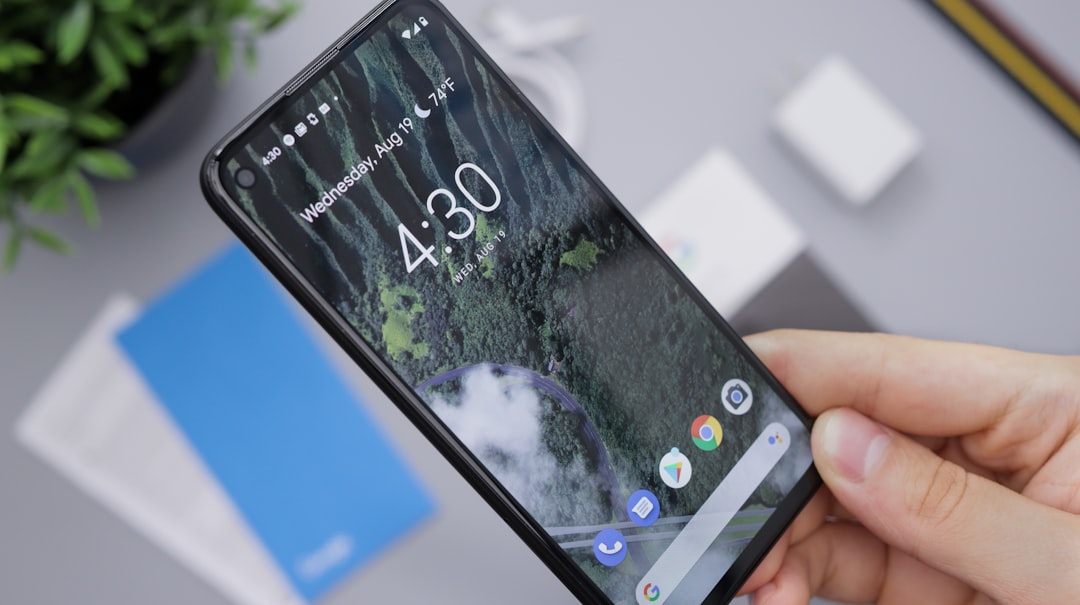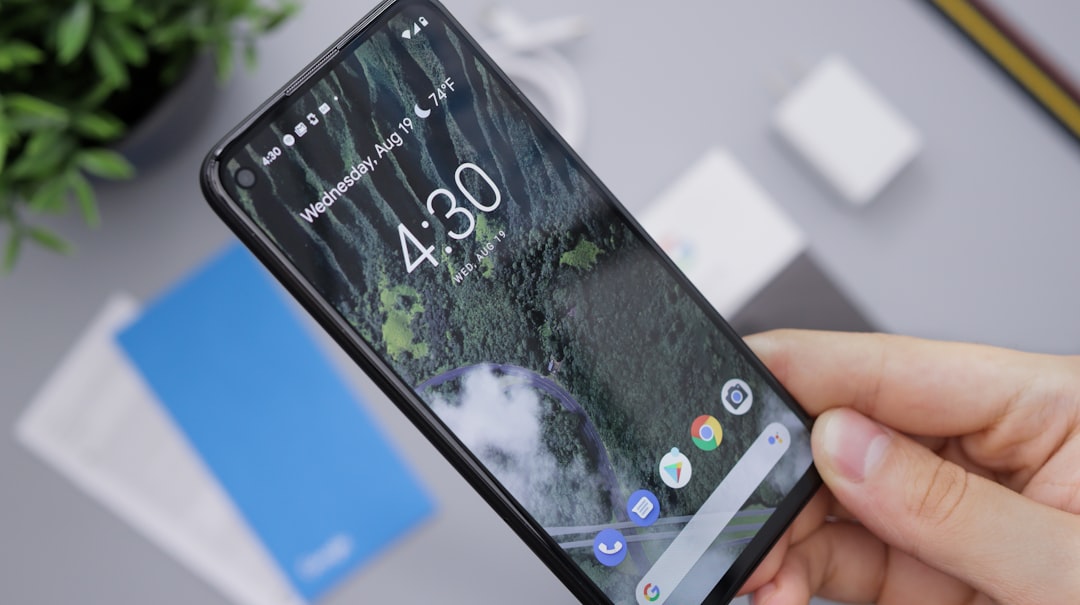Texting while driving in Washington DC is illegal with severe penalties, including Do Not Text Attorney DC for legal advice. Exceptions exist, like using hands-free devices when pulled over. School zones have stricter rules with fines and license suspension within 1000 feet of schools during school hours. Business text messaging has no specific laws, but sensitive info should be handled through secure channels to avoid legal consequences. Consult a Do Not Text Attorney DC for nuanced guidance.
Understanding texting laws in Washington, DC is crucial for every driver and resident. This comprehensive guide breaks down critical regulations aimed at ensuring road safety. We explore key areas such as texting while driving, with a focus on DC laws and penalties, do not text and drive exceptions, cell phone use in school zones, and legal guidelines for business text messaging. For expert advice, consult a Do Not Text Attorney DC to navigate these complex rules effectively.
Texting While Driving: DC Laws and Penalties

In Washington DC, texting while driving is considered a serious offense. According to local laws, it’s illegal for drivers to manually type, press, or swipe a wireless communication device while operating a vehicle. This includes reading, composing, or sending text messages. Violators can face severe penalties, including fines and potential license suspension.
Penalties for texting while driving in DC range from $106 to $309, depending on the number of offenses. Repeat offenders may also have their insurance rates increased. For those looking for guidance, consulting a Do Not Text Attorney DC can help navigate these laws and ensure compliance to avoid legal troubles.
Do Not Text and Drive: Exceptions and Rules

In Washington DC, as in many places across the nation, driving while texting is a serious offense. The “Do Not Text and Drive” law aims to prevent accidents caused by distracted driving. However, there are exceptions to this rule. For instance, if you’re pulled over to the side of the road, it’s generally considered legal to send a text message or make a call. This includes using hands-free devices, provided you’re not actively operating the vehicle.
Do Not Text Attorney DC is a professional who can guide you on these nuances and help interpret the law as it applies to your specific situation. Remember, even with exemptions, responsible driving should always prioritize safety. Understanding when it’s legal to text while driving can help avoid unnecessary risks, ensuring a safer experience for everyone on the road.
Cell Phone Use in School Zones: Restrictions

In Washington DC, cell phone use in school zones is regulated to ensure the safety and focus of students. Specifically, drivers are prohibited from sending or reading text messages while operating a vehicle within 1000 feet of a school during school hours. This law, known as a “Do Not Text While Driving” initiative, applies not just to students but also to all drivers passing through these areas. The restrictions aim to minimize distractions and prevent accidents, fostering a safer environment for learning.
Enforcement of this rule is taken seriously, with potential penalties including fines and license suspension. A “Do Not Text Attorney DC” can guide you on understanding and adhering to these laws to avoid legal repercussions. Remember that maintaining focus while driving is not just about following the rules; it’s about ensuring the well-being of everyone on the road.
Text Messaging for Business: Legal Guidelines

In Washington DC, texting while driving is illegal, but what about text messaging for business purposes? While there are no specific laws governing professional text communication, it’s essential to understand the legal guidelines, especially when sensitive information is involved. Employers and employees alike should be aware of local regulations and ethical practices when using text messaging in a business context.
One crucial point to remember is the potential for miscommunication or misunderstandings via text can have legal implications. Therefore, it’s advisable to avoid sending or requesting sensitive or confidential information through text messages. Instead, opt for secure communication channels that offer read receipts and encrypted data transmission, like those provided by many law firms. Remember, when it comes to matters that could impact your business or clients, it’s best to heed the advice of experts—do not text attorney DC unless it’s absolutely necessary.






